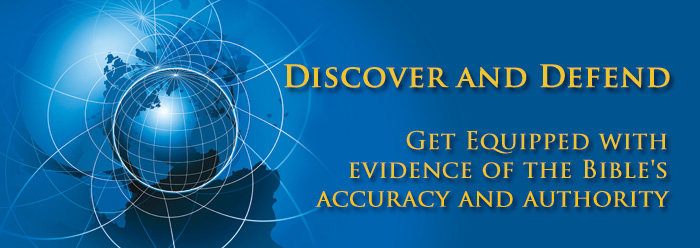thy skirt
Ruth 3:9
3:9 thy skirt. The Hebrew word is occasionally translated “skirt,” but much more often is translated “wing,” as in Ruth 2:12, which speaks of God’s covering wings. The basic idea, of course, is protection and security, which Ruth was requesting for herself and Naomi from their well-to-do kinsman, Boaz. In effect, she was proposing a Levirate marriage between herself and Boaz (see note on Ruth 3:13).
3:11 virtuous woman. Here Boaz adds his own testimony, based on personal knowledge, to the general awareness of all who knew her, that Ruth was, indeed, a virtuous woman; there had been nothing immoral about her approaching Boaz in the way she did. In fact, he considered it a blessing that she came to him instead of a younger man (Ruth 3:10).
3:13 the kinsman’s part. “The part of the kinsman” is described in Deuteronomy 25:5-10. Although specifically expressed in relation only to brothers, it apparently extended to other male relatives as well, when no living brothers were available to raise up children of the childless relative. Tamar (like Ruth an ancestor of the Messiah) was rewarded in requesting her father-in-law to be her kinsman-redeemer when no brothers were available (Genesis 38:11,14,26). Ruth went to Boaz when both sons and their father were dead. Although such a Levirate marriage (from the Latin levir, “brother”) was not an actual requirement of the law, it was ordained by God as the honorable thing to do.
3:18 Sit still. Sometimes, when a believer has done all he knows to do according to God’s word, he must be content simply to “sit still,” and wait for God to work (compare to Exodus 14:13; Isaiah 30:7).
3:18 finished. Compare Genesis 2:1-3; John 19:30.







